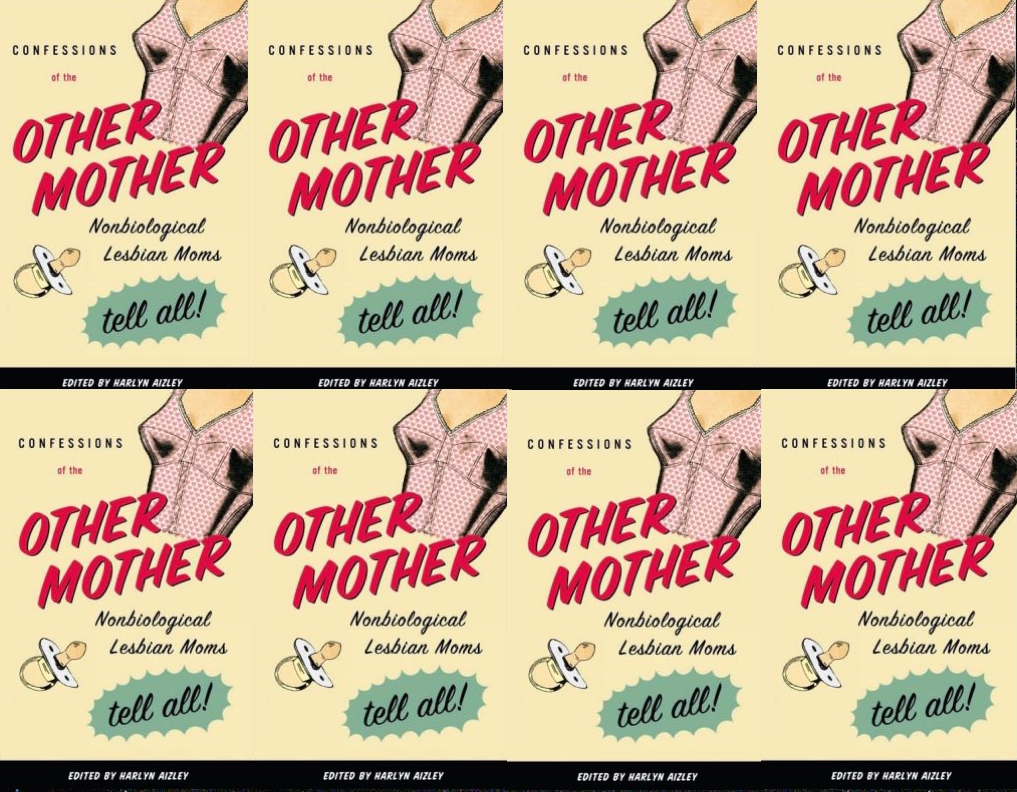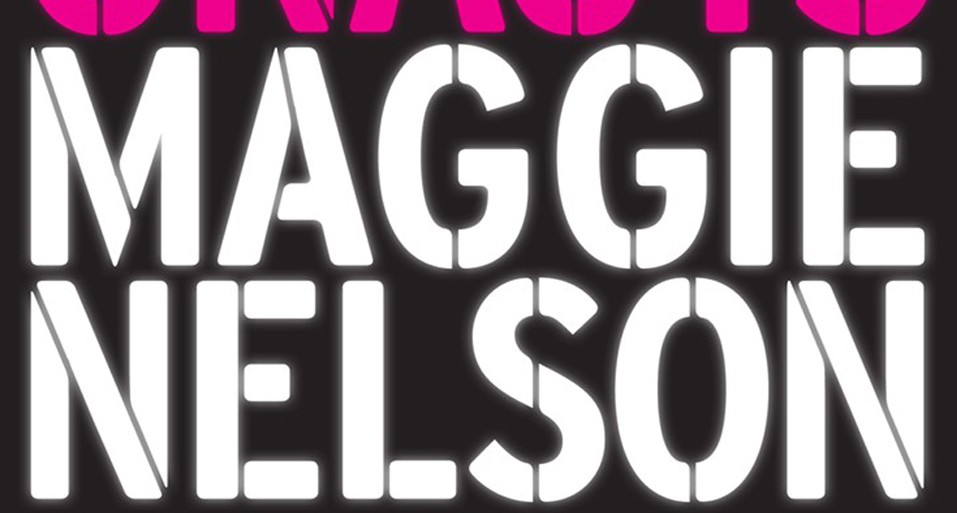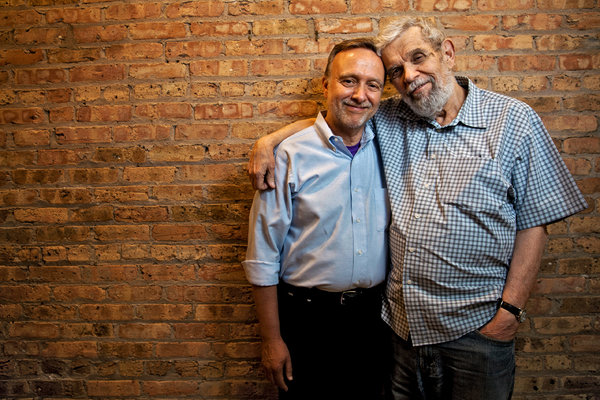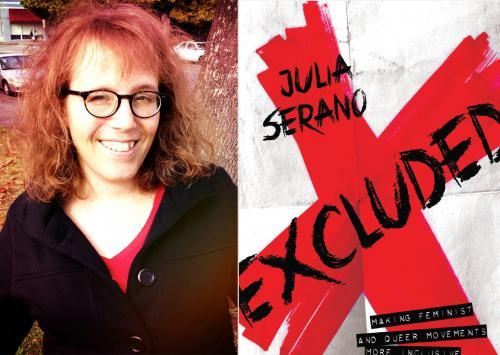
In July, we reviewed two gay male parenting memoirs. This month our focus on queer family life continues with a lens on lesbian parenting. These three lesbian parenting memoirs show that motherhood can come in many forms and that some women with children may not identify as mothers but “high femme dads” or “dyke daddies.” In short, these books highlight the linguistic shortcomings in our collective expression of families, but these books will also help to shape a new lexicon that will enable us to celebrate the many forms of parenthood.
Lesbian Biological Mother Memoir
In How to Get a Girl Pregnant, Karleen Pendleton Jiménez details her journey to become a biological mom. She opens her memoir with a question: “How do I get sperm when I look like a dude and I’m older and fatter than when I picked up guys as a teenager?” Then, she transports the reader to El Convento Rico, a Latin bar, where she unsuccessfully attempts to seduce “a cute Latino with a puffy vest.” From there, Pendleton Jiménez takes the reader back twenty years to her realization that she wants to be a mother.
Her well-crafted memoir moves from the funny to the heartbreaking. She chronicles her exhaustive efforts to secure a known donor, her physical, emotional, and financial turmoil with fertility treatments, and her more desperate attempts to become impregnated by unwitting strangers. Her work captures the struggle and dedication it takes to make her family a reality, and it deconstructs the notion that women who self-identify as butch do not want to bear children.
Lesbian Non-Biological Mother Memoir
In the opening of She Looks Just Like You: A Memoir of (Nonbiological Lesbian) Motherhood, Amie Klempnauer Miller also writes about her travails trying to get pregnant. After a year and a half of unsuccessful attempts, she and her partner, Jane, decide that Jane will carry the baby. After Jane is pregnant, Klempnauer Miller wonders, “How in the world do I begin to internalize the fact that Jane is truly, actually, genuinely pregnant? How do I begin to understand that it is real, that it is happening to me and to us? It is harder to wrap your mind around pregnancy when you are not pregnant yourself “(30). In this way, she relays her emotions as a soon-to-be mom, who is not pregnant.
Later, she writes, “there is no name for what I will be. I am defined by what I am not: a non-biological parent, the non-birth mother” (55). By emphasizing her relegated titles, she underscores the societal perception that her status is that of the “non” mother. However, as she records life with her daughter, her status as mother becomes abundantly clear.
Challenging the Parenting Binary
While Amie Klempnauer Miller penned the first essay, “Watching” that appears in Confessions of the Other Mother: Non-Biological Lesbian Moms Tell All! edited by Harlyn Aizley, this collection goes beyond the lesbian-mother narrative by expanding the conception of lesbian motherhood to lesbian parenthood.
In Shira Spector’s “High Femme Dad,” she writes, “I’m no regular mama and not a dad either. I am something else, not catalogued, not named “(19). In this way, Spector helps to diversify the concept of parenthood beyond the typical binary of female/ mother and male/father. She isn’t the only writer to do so.
In “Confessions of a Lesbian Dad,” Polly Pagenhart remembers a dinner conversation, wherein she and her partner were discussing their plans to start a family: “After we had outlined the whole she-bang, someone had generously offered that even if I wouldn’t be bearing the child I would make a great mother. To which I found myself objecting—I had every reason to expect to be a splendid parent, but whatever I would be to my child, I wouldn’t be a mother…I can be something else. Something in between a mother and a father… Maybe I’ll be a lesbian father. A dyke daddy (36-7).” By creating a parenting category that fits with her identity, Pagenhart defines herself as a parent beyond the current social constructs.
Just as Spector and Pagenhart challenge dominant ideologies about gendered parenthood, other readings in the anthology question what makes a parent a parent. Some of these stories include Dawn Beckman’s “Parenting as a Subversive Activity,” Judy Gold’s “TWJL” (Tall White Jewish Lesbian), and Mary Cadaras “Family of the Heart.”
In Summation
Taken collectively, these books have helped to launch a literary movement that begins to capture the diversity of lesbian families; however, only when more families share their stories will a more complete picture of lesbian parenting life emerge.
 For the past twelve years, Robin Petrovic has been teaching English Composition, Literature, and Gender & Women Studies at the University of Illinois at Chicago, where she infuses Queer Theory into all of her courses. In 2011, Petrovic co-founded Gay4Good: Chicago, an inclusive LGBT volunteer organization that donates its time to social welfare and environmental service projects. She is a former literature blogger for IntraSpectrum Counseling.
For the past twelve years, Robin Petrovic has been teaching English Composition, Literature, and Gender & Women Studies at the University of Illinois at Chicago, where she infuses Queer Theory into all of her courses. In 2011, Petrovic co-founded Gay4Good: Chicago, an inclusive LGBT volunteer organization that donates its time to social welfare and environmental service projects. She is a former literature blogger for IntraSpectrum Counseling.
IntraSpectrum Counseling is Chicago’s leading psychotherapy practice dedicated to the LGBTQ+ community, and we strive to provide the highest quality mental health care for multicultural, kink, polyamorous, and intersectional issues. For anyone needing affirming and validating support in their healing, please click here or email us at help@intraspectrum-chicago.com.





 Today, July 26th, is National Disability Independence Day. This annual commemoration marks the day in 1990 when the Americans with Disabilities Act (ADA) was signed into law. The ADA enshrined several crucial civil rights protections for individuals with disabilities, but it still falls short of its intended goals after over 30 years on the books.
Today, July 26th, is National Disability Independence Day. This annual commemoration marks the day in 1990 when the Americans with Disabilities Act (ADA) was signed into law. The ADA enshrined several crucial civil rights protections for individuals with disabilities, but it still falls short of its intended goals after over 30 years on the books.